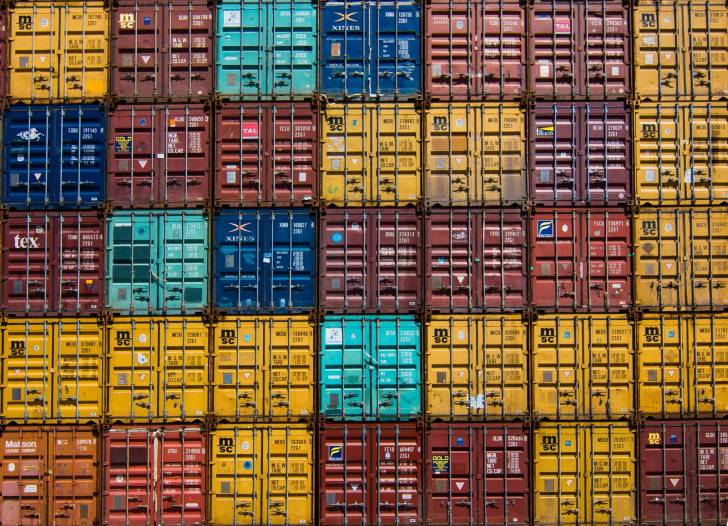Gold Market Cheat Sheet (June 13, 2011)
On Friday, spot gold closed at $1,531.35, down $10.60 per ounce, or 0.69 percent for the week. Gold equities, as measured by the Philadelphia Gold & Silver Index, fell 4.69 percent. The U.S. Trade-Weighted Dollar Index moved up 1.46 percent for the week.
Strengths
- The top forty global mining companies are poised to break through the $1 trillion asset mark this year, due to record levels of cash, property and equipment on balance sheets, says a new PricewaterhouseCoopers report. According to the company’s report, Mine 2011: The game has changed, total revenues for the top forty mining companies increased 32 percent to $435 billion, breaking the $400 billion mark for the first time. Net profit rose 156 percent to $110 billion and net debt was reduced to $46 billion.
- South Africa’s gold output rose 1.5 percent in volume terms in April while total mineral production rose 12.4 percent compared with the same month a year earlier.
- Scotia Mocatta, a global leader in precious and base metals trading, noted that “one thing is for sure, even if gold gets caught up in commodity / equity sell offs, dips are there to be bought as gold is increasingly recognized as a currency in its own right!”
Weaknesses
- Nevada’s Governor Brian Sandoval signed Senate Bill 86, which repeals a state law that allowed the mining industry to use the power of eminent domain to take private homes and ranches for mining, smelting and related activities.
- Many are urging the Obama administration to extend for 20 years a mining ban on one million acres around the Grand Canyon National Park. In 2009, U.S. Secretary of the Interior Ken Salazar issued a federal order calling for a two-year "time-out" from all new mining claims in the Arizona Strip near the Grand Canyon. The lands were blocked from new exploration and mining activity. Supporters of the ban cite the extreme environmental effects of mining.
- State-owned mining company African Exploration Mining and Finance Corporation would “never” be bailed out at taxpayers’ expense should it fall on difficult times, according to Mines Minister Susan Shabangu. “Bailouts from the state would never be an option,” Shabangu noted.
Opportunities
- Ethiopia is set to hit its target of more than doubling mining exports to an annual $1 billion ahead of schedule, the country's mining minister told Reuters. Ethiopia is expected to earn around $500 million from mining exports in the financial year to next July, the mining minister said.
- Chile and China signed agreements to increase cooperation in mining during a visit by China's Vice President Xi Jinping. The governments also confirmed financial cooperation and development funding accords between Chile's Banco Estado and China Development Bank, both state-owned. China, a top importer of commodities, is by far the biggest buyer of copper from Chile, the world's top producer of the metal.
- Sprott Asset Management chief investment strategist John Embry believes this summer will be bullish for the price of gold. "I don't like putting numbers and dates in the same sentence because you always make yourself look bad - but I would be very surprised if it doesn't take out $1,650 this summer and maybe headed towards $1,800 over the next three months," he said. To back up the statements, Embry points to a number of macroeconomic factors that are likely to have a bearing on gold prices over the next few months.
Threats
- Peru’s newly elected president Ollanta Humala has raised concern for Peru’s mining industry. President Humala has suggested Peru could impose a windfall tax of up to 40 percent on mining companies and raise the corporate tax rate from 30 percent. Royalties could be raised to 5 percent from 3 percent.
- Tanzania, one of Africa's top gold producers, is considering a "super profit" tax on earnings from minerals as one of the ways to fund its five-year development plan. "Revenue from the mineral resources will be one of the important sources of financing the medium-term plan. Considering the increasing trend in mineral prices, it is optimal to introduce a super profit tax on the windfall earnings from the mineral sector," said President Jakaya Kikwete.
- A report indicated that the majority of gold mines in South Africa will shut down within a decade. Despite the gold bull market of recent years, with the price of gold rising sharply, South Africa’s gold reserves are becoming depleted at a rate that, within 12 to 14 years would mean the end of the industry for the country.












